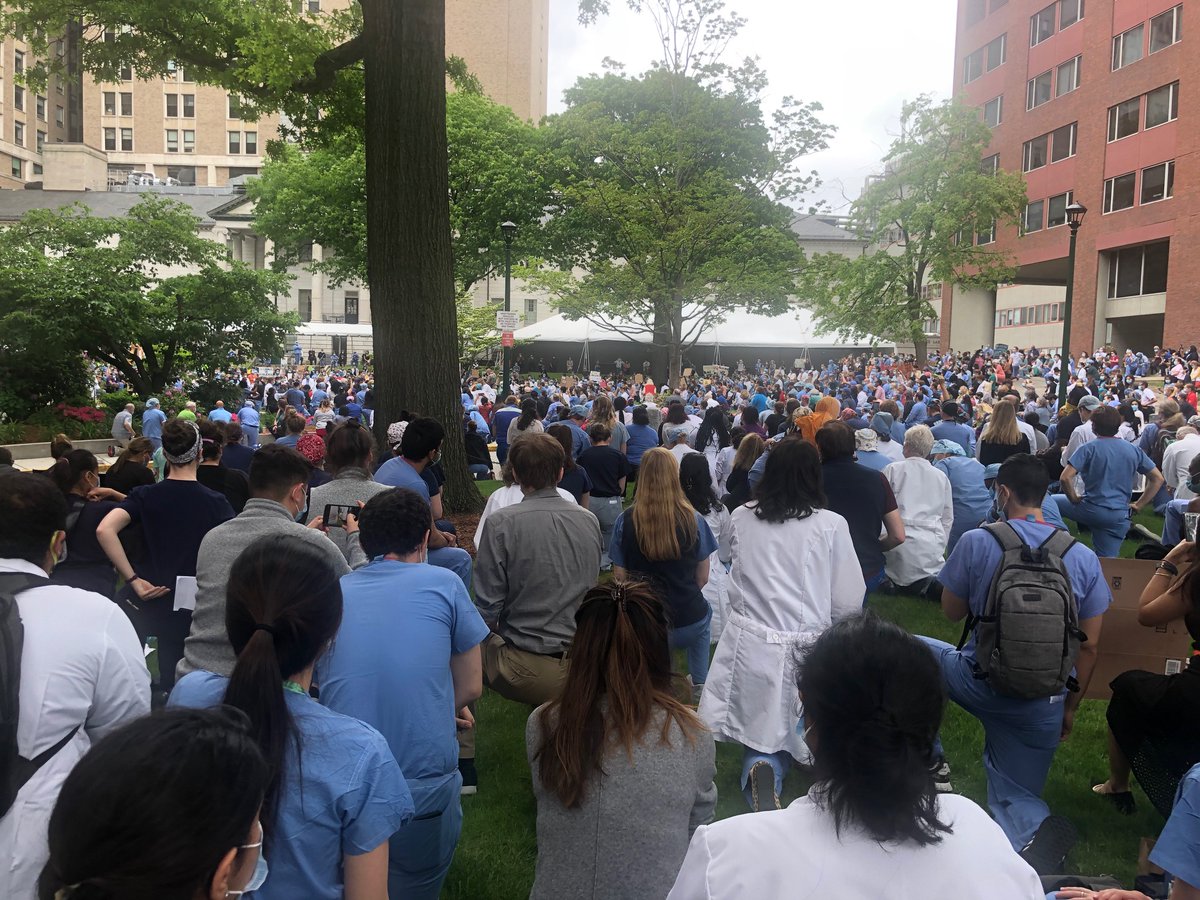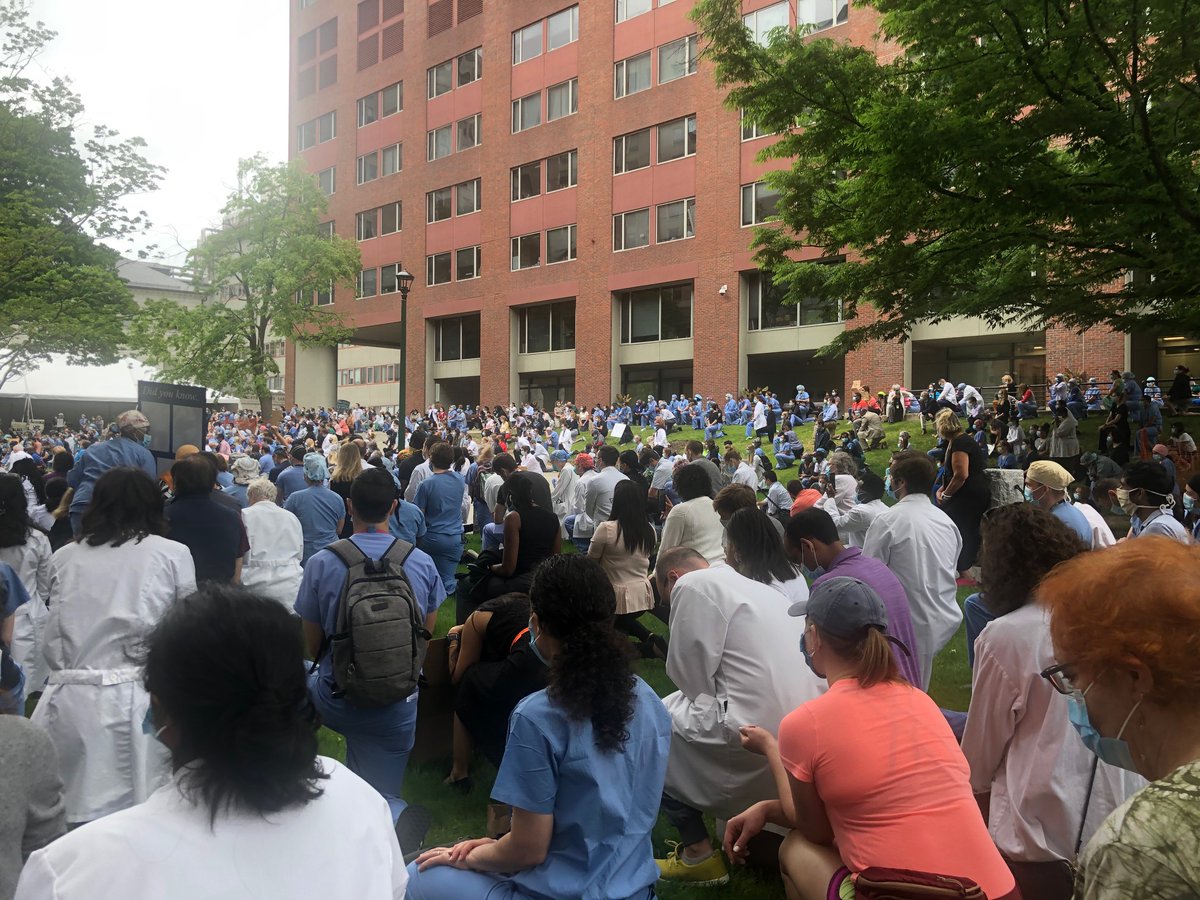Hello #medtwitter & #dermtwitter, time for another #dermatology #tweetorial! Let’s go back to the basics and talk about:
#ACNE!
Hopefully this #meded/#foamed moment is helpful for all the #maskne in the #covid19 era!
Let’s start with a simple question:
What causes acne?
All of the above! Often, every one of these factors plays some role. What’s important is knowing what treatment to emphasize based on what factor seems to be the biggest influencer.
For example:
-Retinoids for cell turnover
-Ocps for hormones
-Antibiotics for bacteria!
Let’s talk exam. When I see an acne patient, I’m looking for what lesion I see most: comedones (white/blackheads), inflammatory papules, or cysts.
I’m also looking at distribution (where on the body) and the severity.
It’s critical to ask if it’s a good, typical, or bad day!
So what does this mean in reality?
Most patients I see have mild to moderate inflammatory acne with comedones. If they haven’t tried anything, I’m suggesting the following:
1-Benzoyl peroxide wash daily (abx)
2-topical clindamycin daily (abx)
3-topical retinoid nightly
Be sure to warn patients that the OTC benzoyl peroxide can bleach stuff, so wash it ALL off.
The retinoid must go on at night. Not only does it make your skin more photosensitive, but sunlight actually inactivates it! Start every other night for 1-2 weeks then ramp up.
The weakest retinoid is available otc (adapalene) but if the patient doesn’t respond to it (some erythema and flaking is normal, so if no response at all, I’d ramp up strength), go to tretinoin. Over time, the skin will stop reacting so much to the retinoid!
Let’s talk about hormonal acne. Let’s say your patient gets flares around menstrual cycles and also has jawline acne, I’d suggest OCPs! Sadly, the best options for acne also tend to be the ones that increase DVT risk more.
Personally, I think any combo OCP is fine to try!
What if OCPs aren’t enough? Spironolactone is a great option! At normal acne doses (around 100 mg daily) my patients almost never have side effects and good research by @AMostaghimi has shown no lab work is necessary in young healthy women!
jamanetwork.com/journals/jamad…
What is the patient is pregnant? Then our hands are tied. While the risk to the fetus is unbelievably low, we tend to stop using topical benzoyl peroxide and retinoids, and focus on pregnancy safe options like:
- Clindamycin
- erythromycin
- glycolic Acid
- azelaic Acid
Let’s say your patient isn’t pregnant, but isn’t responding to the topicals you gave them. You’ve tried ramping everything up and have maxed out all options topically speaking. Maybe you’ve also tried spironolactone/OCPs!
What’s your next move?
I’m biased, but I’d argue you should refer to us in dermatology! My personal opinion is we overuse systemic antibiotics so I reach for isotretinoin!
Isotretinoin use requires ipledge, a national registry to prevent birth defects. #dermatologists can handle that for you!
Let’s briefly chat about PO antibiotics for acne. I almost never use it because I worry about abx resistance AND we have other great options!
@DrJohnBarbieri has done some really great work in this space! Check out his paper:
ncbi.nlm.nih.gov/pmc/articles/P…
SUMMARY:
- acne is caused by bacteria, issues with cell regulation, and hormones. Treatment is tailored based on history and exam.
- start with topicals for mild-moderate acne.
- if hormonal, think OCPs and spironolactone.
- if severe, send to derm (for isotretinoin)!
I hope you found this #medthread/#tweetorial helpful! If you have suggestions/edits, feel free to tag on below.
Thanks to @dermnetnz and @AADmember/@AADskin for the clinical photos!










